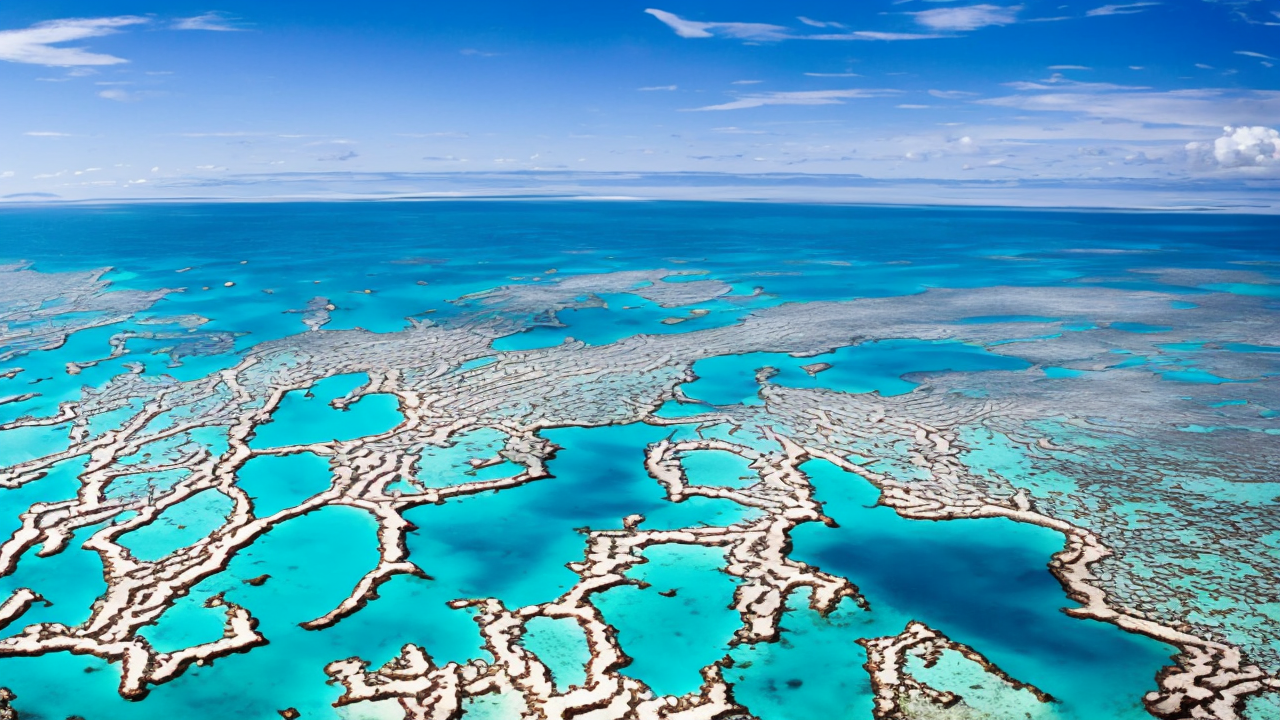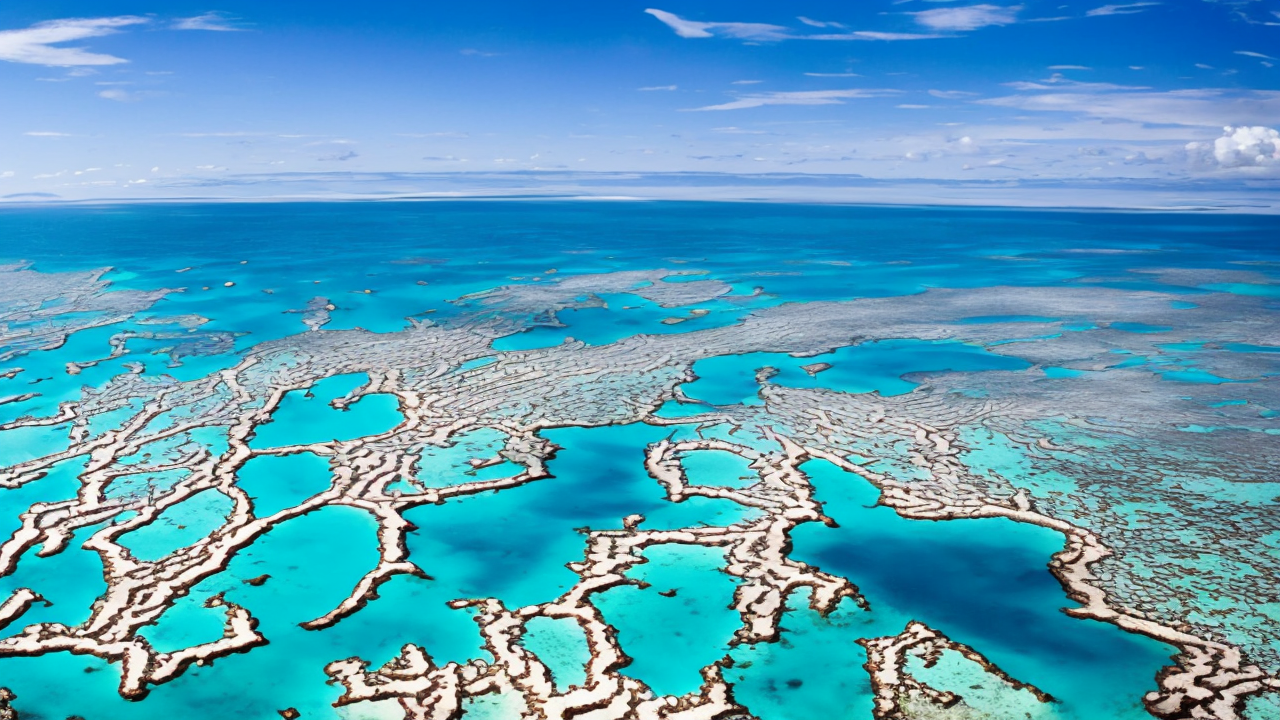Coral Reefs Thrived in Warm, High-CO2 Conditions, Study Finds

A recent study examining coral reefs in Indonesia revealed that these ecosystems flourished during a period of elevated temperatures and carbon dioxide (CO2) levels. Researchers analyzed sediment cores from the region, focusing on a timeframe when CO2 concentrations were approximately 400-500 parts per million (ppm) and sea surface temperatures were 2-3°C higher than pre-industrial levels. Despite these conditions, the reefs were characterized by high biodiversity and robust calcification rates, suggesting a level of resilience that contrasts with current concerns about coral bleaching and degradation.
The findings challenge the narrative that modern reefs are uniquely vulnerable to rising CO2 levels and temperatures. While today’s reefs face unprecedented stress from human activities, including pollution and overfishing, historical data indicate that coral ecosystems have adapted to warmer, higher-CO2 environments in the past. This raises questions about the role of additional stressors in the decline of contemporary reefs and offers insights into the potential for reef recovery under future climate scenarios.
The study underscores the importance of understanding the full range of environmental conditions under which coral reefs can thrive, providing valuable context for conservation efforts and climate policy.
Published: 8/20/2025















